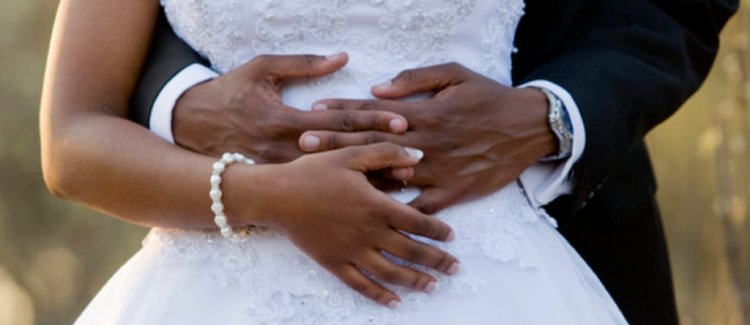Supreme Court Removes 50% Wealth Sharing Among Couples After Divorce
However, it ruled that in divorce cases, each partner should leave the marriage with property equivalent to their individual contribution in the union.

The Supreme Court of Kenya ruled on Friday, January 27 that spouses are not automatically entitled to a 50/50 share of the matrimonial property during the dissolution of a marriage.
The highest court in the land referred to Article 45 (3) of the Constitution deals with the equality of the fundamental rights of spouses during the dissolution of a marriage.
However, it ruled that in divorce cases, each partner should leave the marriage with property equivalent to their individual contribution in the union.
The court further stated that a party (spouse) must prove contribution to enable a court to determine the percentage available to him or her at the distribution of matrimonial property and that the test to determine the extent of contribution is one on a case-to-case basis.

A divorce decree. /FILE
“That while Article 45(3) of the Constitution deals with equality of the fundamental rights of spouses during dissolution of a marriage, such equality does not mean the re-distribution of proprietary rights or an assumption that spouses are automatically entitled to a 50% share by fact of being married,” the court ruled.
The Supreme Court affirmed that the ruling will establish a new ground for future disputes whereby the sharing of matrimonial property after divorce has been affecting duelling couples.
"What amounts to a fair and equitable legal formula for the reallocation of matrimonial property rights at dissolution of a marriage and whether the same can be achieved by a fixed means of apportionment at a 50:50 ratio should be done in light of the circumstances of each individual case," added the court.
The petition at the apex court arose from a divorce dispute between Joseph Ombogi Ogentoto and his ex-wife Martha Bosibori.
Ogentoto took the matter to the Supreme Court after the Court of Appeal ordered that the house in which he had lived with his ex-wife of 18 years and the rental units be shared equally between them on a 50:50 ratio.
The Friday Supreme Court ruling adds to the landmark rulings that have seen the Judiciary alter a series of policies regarding marriages in the country through court rulings regarding unions and sharing of property.
With different married couples moving to court on the basis of being unhappy with their marriages and seeking their share of property following divorces, the courts have had to make multiple changes to such policies.
On December 28, 2022, the High Court’s Family Division, sitting in Mombasa declared that a woman is entitled to a share of her deceased husband’s estate for cohabitating with him for over five years, even though it failed to prove the existence of marriage under Kamba customary law.
This is a landmark ruling that saw long cohabitation be classified as proof of marriage in case a dispute arises over the wealth of your spouse.
Another ruling saw the High Court in Nakuru rule that children are not proof of marriage, handing a blow to a woman seeking to be recognised as the wife of a former Nakuru businessman, despite claiming that she had a five-year relationship with the deceased businessman and even had five children.
Justice Joel Ngugi ruled that despite living together or bearing children, a man and woman must satisfy what constitutes a customary marriage before they are considered a married couple. He added that a woman and a man must have the capacity to conduct marriage, consent from both families of the couple and a ceremonial slaughtering of a ram.
Six months prior, the Court of Appeal changed the course of divorces in the country by declaring the law prohibiting married couples from seeking divorce before three years elapsed unconstitutional. According to appellate judges, Gatembu Kairu, Pauline Nyamweya and Jessie Lessit, the Marriage Act limits the divorce period and ties down the newlyweds in a marriage union.
The court ruling thus upheld the nullification of the law, which barred newlywed couples in a civil marriage from leaving or remarrying before the marriage hits three years. The judges argued that there exist cases where divorce in a civil law marriage may be necessary and justified despite the marriage being younger than three years old.
The judges agreed that divorce should be allowed for situations which are "unavoidable and unendurable" for instance, exceptional hardship. That way, the couple should be allowed to go separate ways to protect the rights of the parties involved.
Divorce these days is like a way of life, compared to the boomer generation where divorce cases were uncommon. In other words, couples can even call it quits amicably at the start of romantic and intimate matters.
The number of divorce applications in the Judiciary has been on the rise in recent years as evidence of marriage not being a bed of roses. In a span of two years since 2020, a total of 10,338 couples sought to separate due to various grounds informing a divorce.

A man and woman during a wedding. /FILE

 admin
admin 




